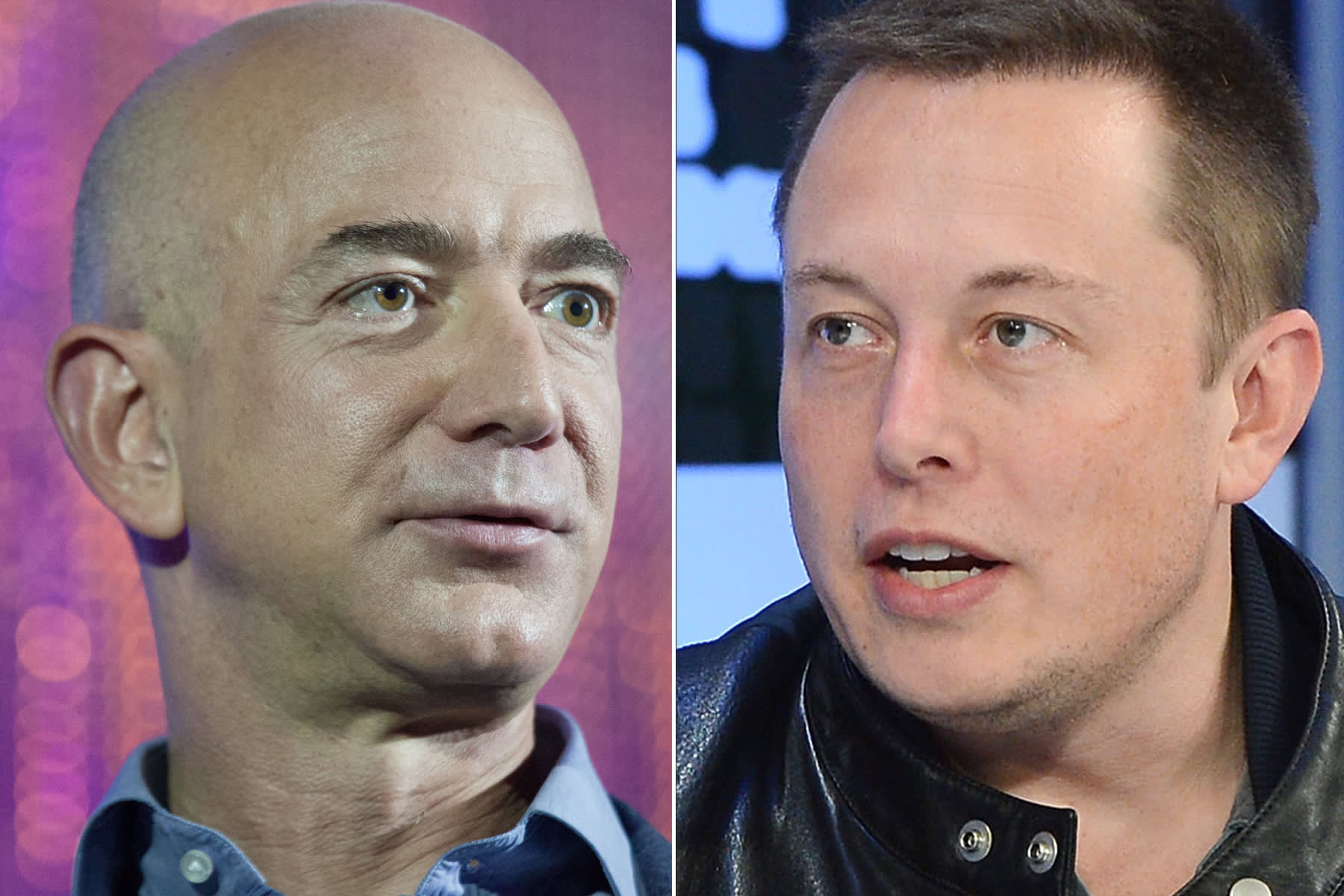
Yes, the super-rich are different than the rest of us. A lot of them pay very little in income taxes.
Some of the world's wealthiest executives, including Warren Buffett, Jeff Bezos, Michael Bloomberg and Elon Musk, pay little to no taxes compared to their wealth, a ProPublica report revealed on Tuesday.
"The tax law is not designed for the wage worker," said Eric Pierre, an Austin, Texas-based certified public accountant and owner at Pierre Accounting.
Most Americans earn income through their labor, such as wages, salaries or other employer-provided benefits.
However, the top 1% often receive income from interest, dividends, capital gains or rent, from their investments, known as capital income.
More from Personal Finance:
Advisors look to lessen toll of Biden's retroactive capital gains tax hike
Biden, Harris release 2020 returns. A few details are worth noting, experts say
Advisors say life insurance may help combat Biden's proposed tax increase
Typically, the more someone earns, the greater percentage of capital income and less labor compensation they receive every year, the Tax Policy Center has found.
While most people contribute taxes through their paycheck, the top 1% may not see income on their tax returns. Here's why: There are several ways to delay or avoid taxes on investments.
For example, if someone has $1 million in stock that grows to $2 million, they won't owe taxes on the profit until they sell.
Moreover, they may lessen the tax bite by timing the sale or offsetting profits with other losses.
Another strategy may be using appreciated property as collateral to buy new investments.
The affluent may hold assets until they die, avoiding capital gains taxes, and providing heirs with inherited property valued on their date of death.
American billionaires grew their wealth by 55%, or $1.6 trillion, during the pandemic, according to analysis from left-leaning groups Americans for Tax Reform and the Institute for Policy Studies.
President Joe Biden wants to crack down on tax avoidance from the 1% by adding levies for inherited wealth with gains of more than $1 million.
He has also called for raising the highest capital gains rate to 39.6% from 20%, matching his proposed income tax rate for top earners.
Tax strategies of the wealthy
While the report didn't reveal in-depth strategies, there are lessons for Americans looking to reduce taxes and build wealth, Pierre said.
Some of these tactics may include borrowing from home equity to buy more real estate or starting a side business and exploring legitimate tax deductions.
"It's a shift in thinking," he said.
Of course, not everyone has the means or appetite for these strategies, he said. But Americans may start thinking about how to diversify income beyond their paychecks.
"You may not get the billions or pay a 3.3% [tax] rate," he said. "But you can lower your taxes from say, 25% to 20%, down to 12% to 14% with adjustments to how you deploy your money."
But everyone's situation is different, so it's critical to speak with a CPA or financial advisor, he added.
Better ways to tax the wealthy
It's clear the wealthy have found ways to avoid taxes, yet there are conflicting opinions on how to fix the problem.
Some policymakers have called for taxing the wealthy's asset growth every year, known as a "mark-to-market" system, along with a wealth tax.
"For policymakers who want to increase the tax burden on the wealthy, there are better ways to do it," said Erica York, an economist with the Tax Foundation's Center for Federal Tax Policy.
Taxing asset growth every year may be "extremely complex," particularly from an administrative standpoint. There may be "tricky valuation questions" for assets and businesses, said York.
"You also would be placing a tax burden on saving and investment decisions," she added.
Instead, lawmakers may consider a so-called progressive consumption tax, used by countries part of the Organization for Economic Co-operation and Development, she suggested.
Another option may be a value-added tax, a levy added to sales of goods and services.
Lawmakers may also consider a national sales tax. Both may avoid the challenges of trying to charge levies on asset growth every year, York said.
"do it" - Google News
June 10, 2021 at 07:00PM
https://ift.tt/2TXTQGn
Many wealthy Americans escape big income tax bills. Here's how they do it - CNBC
"do it" - Google News
https://ift.tt/2zLpFrJ
https://ift.tt/3feNbO7
Bagikan Berita Ini















0 Response to "Many wealthy Americans escape big income tax bills. Here's how they do it - CNBC"
Post a Comment